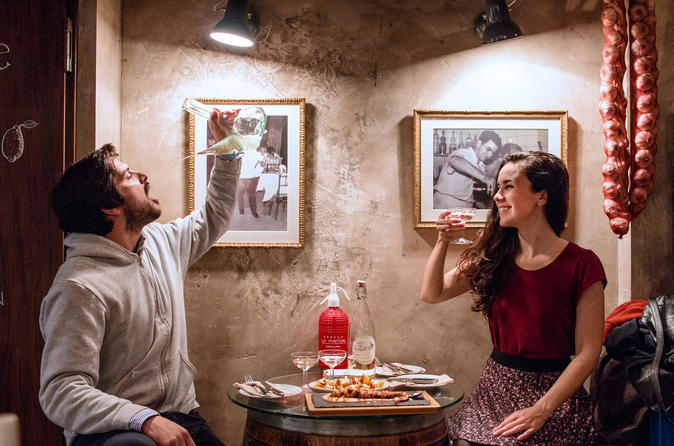
Keep going
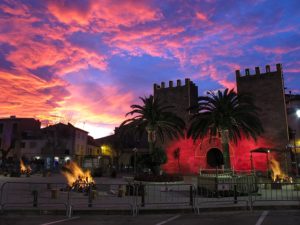
Fiestas are fun, exciting, and make for a memorable trip, but the traveler should be aware that many businesses are closed during festivals and holidays. This is especially true of August, during which many businesses are closed for the whole month.
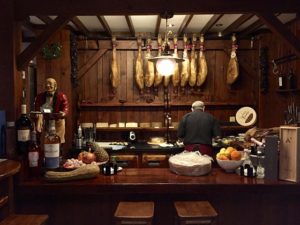
Don’t leave the country without trying jamon. Jamon iberico is an art form, and a lengthy one at that. The pigs are painstakingly raised on a diet of acorns and regularly exercised, before being slaughtered. The hams hang for years before they’re ready.
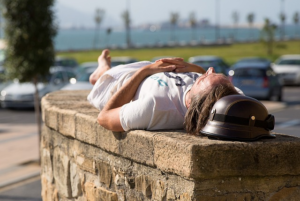
It’s common in Spain – along with a number of Mediterranean cultures – for people to adhere to a biphasic sleep pattern. You’ll often find that businesses are open very late, but close for a few hours in the early afternoon while the staff takes a nap.
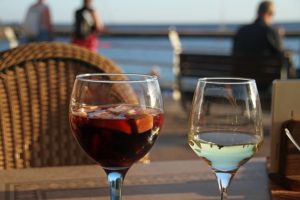
Sangria is of Spanish origin. It’s always made from wine and sliced fruit, but exactly what wine and which fruits varies depending on exactly where you are. See how different regions prefer it as you travel around the country!

Museums in Spain generally close Sunday afternoon and don’t open again until Tuesday. Some museums are closed in the early afternoons, but open again later in the day. Always check hours ahead of time, and not just for museums.

Outside of the largest cities, locations like churches and castles will often be locked but available upon request. You’ll likely find the key in a nearby caretaker’s home, the town hall, or even the neighborhood bar.

Tipping in Spain is not as formal as you may be used to. Bar and taxi tips are usually just the coins left over from the transaction. In restaurants a tip is usually about five to ten percent, but it may be included in the bill, so take note of that.

Spaniards don’t wear shorts or vests in the street, it’s considered ill-mannered to do so. A traveler would do well to embrace this norm – doubly so if you find yourself seeking admittance to a church or other monument.
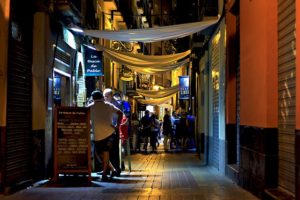
A high degree of familiarity characterizes Spanish culture. Spaniards often greet people who get on the elevator with them, strike up conversation with strangers at the bus stop, and may exchange a kiss on the cheek upon being introduced to a woman.

Outlets in Spain run at 220 volts and have two round pins. So long as your equipment can run on that voltage and you have a standard three-tier adapter, you should be set. Most hotels can lend you an adapter, but it’s best not to count on it.

When money became tight in Spain, restaurants began to offer a full but light midday meal – a main course, a soup or salad, a side dish, and a dessert – for an aggressively economical price. They call this the “menu del dia.” It’s a good way to eat well on the cheap.

Spain provides excellent healthcare that the traveler can rely on should the worst happen. To summon emergency services, dial 091.
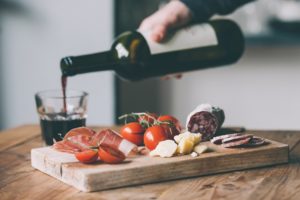
Tapas bars are a mainstay of Spanish culture. Patrons go from bar to bar, having a drink and a small portion of each bar’s specialty. This is a pleasant, tried and true method of finding out what you like.

Visitors to Spain will find that fluent English speakers are the exception rather than the rule, especially outside of the largest cities. However, you will find that people are happy to help and that efforts to speak Spanish will be well received.

Ever since records on the matter started in 1910, there have only been fifteen fatalities in the Running of the Bulls. However, injuries are common, usually between fifty and one hundred every year. Just FYI, in case you’re the daring type.
